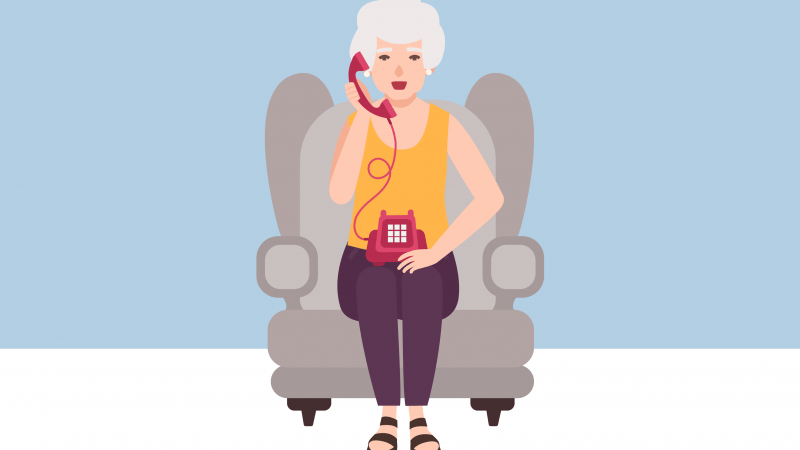Chances are, you are reading this blog on your mobile. If not, your laptop, tablet or desktop. It is easy to take your access for granted. But just remember the feeling of frustration or even helplessness the last time your connection went down.
Now consider this: 4.8 million people in the UK never go online. That’s more than seven per cent of the population. For the rest of us who spend our lives in the digital realm, that seems unreal. Imagine what it feels like for those effectively shut out from modern life.
In its newly updated guide to digital inclusion, NHS Digital has warned the “digitally excluded” are at risk of worse access to services and worse health outcomes. With the accelerating adoption of digital health services in response to the pandemic, it seems likely this inequality will only increase.
That’s why digital health innovators must make their products and services available to all, not just those lucky and indeed wealthy enough to have the latest Apple or Samsung smartphones and wearables.
Leeds-based NHS Digital reminds us that 11 million people in the UK lack basic digital skills or do not use digital technology at all. These citizens tend to be older, less educated and in poorer health than the rest of us.
In other words, they are the ones in the greatest need of care and support from the health and care system. But if they cannot be reached in the digital world, how can we help them, especially in a time of social distancing?
Here’s how. You employ a device that dates back to 1876: the electronic telephone. The humble landline. Which can be found in an estimated 73 per cent of UK households in 2020. It is still relied upon by many as the main source of telecommunication.
Using the landline as a channel for safely and securing sending and receiving information, our remote care services can reach parts of the country that smartphones and apps simply cannot. No-one is excluded.
Don’t overlook language barriers. More than half of all foreign-born adults (51 per cent) reported a language other than English as their first language at home, according to the Migration Observatory at the University of Oxford. It is important that we make services freely available to those who might struggle with the language.
Everyone should be able to benefit from digital health services, especially in these post-Covid times. That means better access and greater convenience for patients. In turn, it leads to more targeted care and improved outcomes for providers, not to mention lower costs.
We believe as many people as possible should be able to benefit from the revolution taking place in digital health, not just those with the means to take part. That’s why we continue to invest in channels that are inclusive to all.
To find out how we can help transform your digital health services, please drop me a line at bryn.sage@inhealthcare.co.uk

